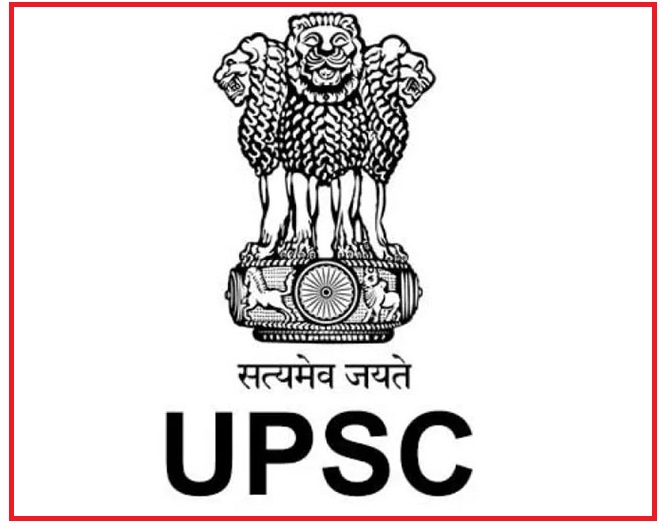What is the UPSC 2022 examination?

The Union Public Administration Service or UPSC is a national-level exam. It is conducted once every year. The UPSC 2022 examination is divided into three phases: Preliminary, Mains, and Personality Test or Interview. The Prelims exam is categorized into two papers, Paper 1 involves 100 objective-type questions of 200 marks with a time duration of 2 hours, and Paper 2 or CSAT has 80 multiple choice questions of 200 marks with a time limit of 2 hours. The main exam is divided into 7 papers.
Paper A– Compulsory Indian languages is a qualifying paper of 300 marks with a time duration of 3 hours,
Paper B– English consists of descriptive questions of 300 questions with a time limit of 3 hours.
Paper 1– The essay is based on merit and comprises 250 marks with a time limit of 3 hours,
Paper 2– General Studies 1 is 250 marks within the time duration of 3 hours,
Paper 3– General Studies 3 also of 250 marks and with the same time limit of 3 hours. Paper 4- General Studies 4 involves descriptive questions of 250 marks with a time duration of 3 hours,
Paper 5 – General Studies 5 indulges descriptive questions of 250 marks with a time duration of 180 minutes,
Paper 6 or Optional 1 contains descriptive questions of 250 marks within the time limit of 3 hours,
Paper 7 or Optional 2 also comprises descriptive questions of 250 marks with a time duration of 3 hours. Visit Byju’s Exam Prep to get a detailed analysis of this examination.
The Eligibility Criteria for UPSC exam 2022
- The candidate must be a citizen of India.
- The age limit for the UPSC exam 2022 is between 21 to 35 years.
- The educational qualification is a graduation degree from any well-known university.
What is the Syllabus for the IAS Exam?
The term ‘IAS’ stands for Indian Administrative Service. The IAS exam is conducted at the national level by the center. The syllabus of the UPSC exam is categorized into three parts namely- Preliminary, Mains, and Personality Test or Interview. Further, the syllabus can be studied in a detailed manner:
UPSC Prelims Syllabus
Paper 1:
- History of Indian National Movement and India.
- Indian Polity and Governance: Constitution, Political system, public policies, Rights and Issues, Panchayati Raj
- Current events of National and International importance.
- World and Indian Geography: Physical, Social, Economic Geography of India and World.
- General Issues on Climate change and Environmental ecology, Biodiversity (these topics do not require high subject specialization)
- Social and economic development- Sustainable Development, Inclusion, Social Sector initiatives, Poverty, Demographics.
Paper 2:
The syllabus of the Paper 2 or CSAT involves the following:
- Comprehension.
- Logical reasoning and analytical ability.
- General Mental ability.
- Decision-making and problem-solving.
- Interpersonal skills including communication skills.
- Basic numeracy (numbers and their relations, orders of magnitude up to class 10 level), Data Interpretation (tables, charts, graphs, and data Sufficiency up to class 10 level).
UPSC Mains syllabus:
Paper 1 consists of 2 essays.
Paper 2:
Paper 2 of the main exam consists of the topics mentioned below:
- Modern Indian history from the middle of the 18th century up to the present significant events, personalities, and issues.
- Reorganization of Indian states and post-independence consolidation.
- Indian culture covers the salient features of art forms—architecture & Literature from ancient to modern times.
- The struggle for independence: Several stages and important contributors or contributions from many parts of the country.
- Characteristics or features of the World’s physical geography.
- Salient features of Indian society, Diversity of India. Role of women and women’s Organizations, population and associated issues, poverty and developmental issues, Urbanization ( its problems and remedies), Effects of globalization on Indian society, Social empowerment, Secularism, Regionalism, and Communalism.
Paper 3:
Paper 3 or General Studies 3 indulges the concepts below:
- Constitution of India, evolution, features, significant provisions, primary structure, amendment, historical underpinnings.
- Responsibilities and functions of the states and union, challenges and issues in the federal structure, devolution of powers, and other finances up to local levels.
Separation of powers among different organs, and mechanisms.





